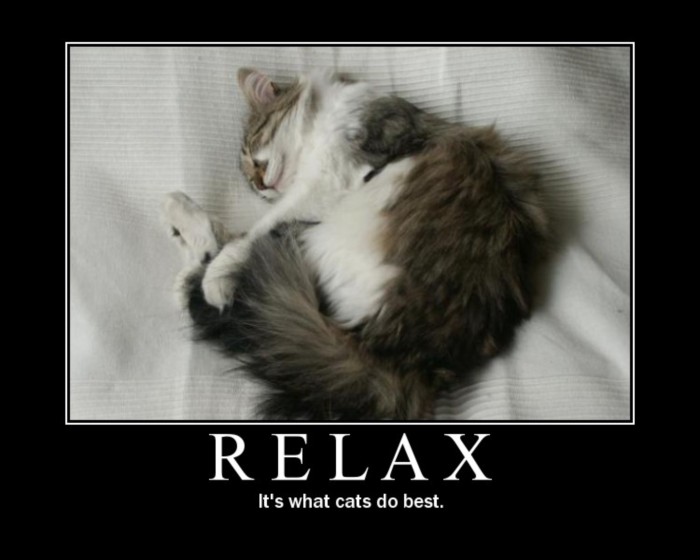The following video is from Jon Stewart (who I don't always find funny), and he comments on this very thing (YouTube deleted the 'original' version, but this one currently works!):
https://www.youtube.com/watch?v=jCG_i9lnBFc
Healthy ideas for REAL PEOPLE (like me) who want to feel better without making ourselves crazy!
You can get help from teachers, but you are going to have to learn a lot by yourself, sitting alone in a room. - Theodor Geisel (Dr. Seuss)
 |
| Recommended sitting pose |
For me, the most important part of this process is that my body calms down. Constant pain causes our "fight or flight" mechanisms to fire all the time! Our adrenal glands get overloaded, cortisol comes to live in our cells, and our nervous systems never get a break. Even at night, sleeping is still pain-filled, and therefore not as restorative as it could me. I discovered that I hold my breath at night as I prepare to roll over. I do this because it hurts to roll over, and holding my breath helps me 'brace' against the pain. And, it's all done when I'm asleep! (I have been able to catch myself doing it while I'm a little awake, and so I know it's true. My dentist has told me for years that I grind my teeth, and I confess now that this is also true... because I can sometimes catch myself doing it.)
I'm a man, so I married. Wife, children, house, everything. The full catastrophe.The full catastrophe indeed. Wonderful, stressful, time-consuming, energy draining, joyful, awful, everything that life is. How in the world are we supposed to cope with that? Dr. Kabat-Zinn explores that very issue. He founded the "Mindfulness-Based Stress Management Clinic" at Boston Mass Hospital, and this book is from his experiences helping people live with pain and chronic conditions in new and relaxing ways.

 I highly recommend this book, even if it takes you a year to read. It is a wonderful new understanding of the power of relaxation. I also purchased the CD of Meditation for Pain Relief, and it has been incredibly helpful for dealing with pain and increased stress in my life.
I highly recommend this book, even if it takes you a year to read. It is a wonderful new understanding of the power of relaxation. I also purchased the CD of Meditation for Pain Relief, and it has been incredibly helpful for dealing with pain and increased stress in my life.
 |
| These are my cats, Ricki and Luci. Most of the time, they're relaxing on their twin infinity-scratchers! |



